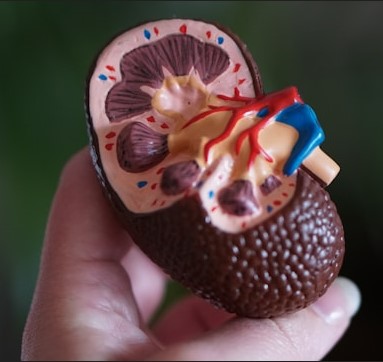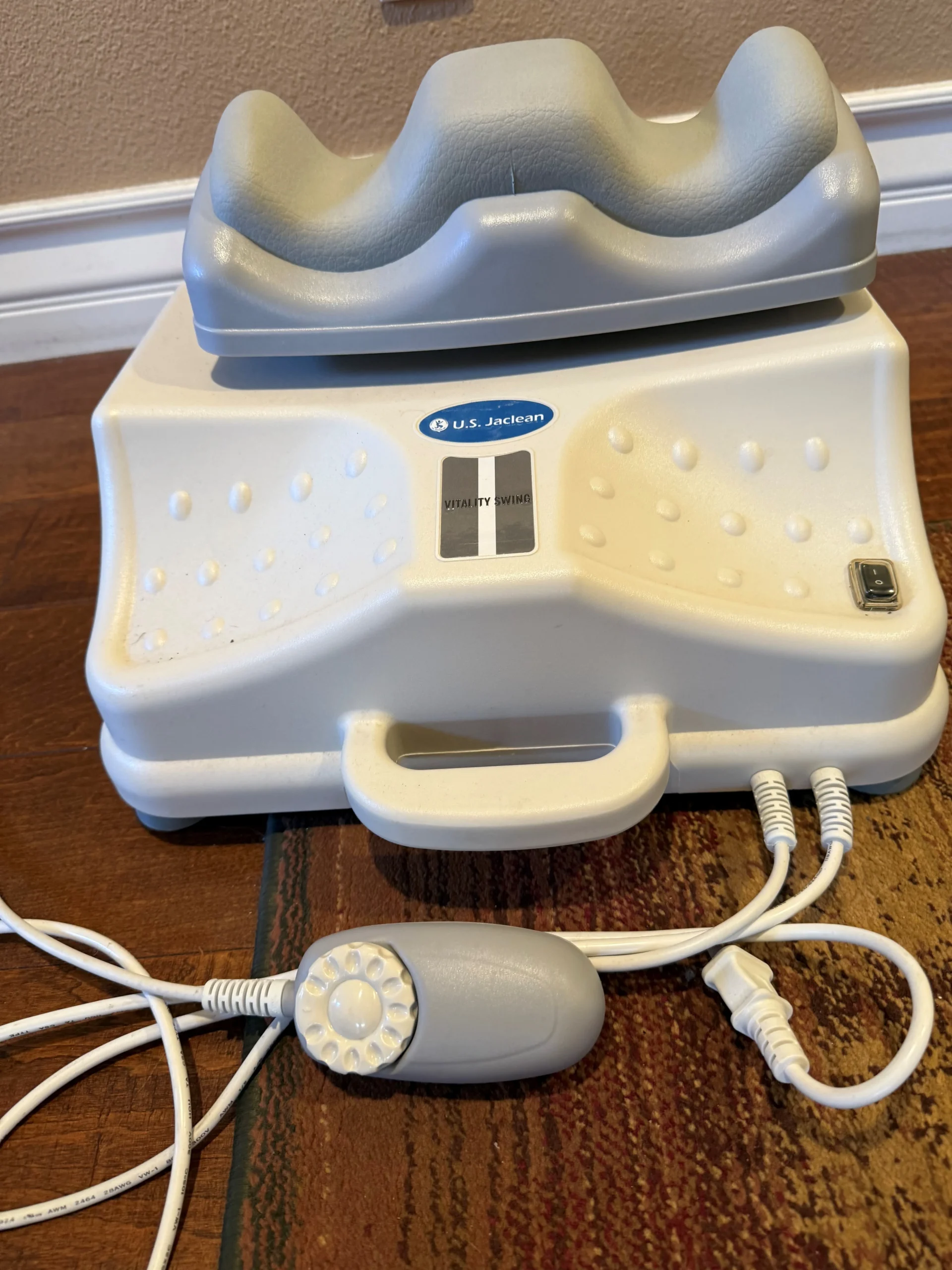
Ready to learn 3 surprising gut health hacks that can support Mental Health?
The relationship between gut health and mental wellbeing is an area of ongoing research.
As science continues to uncover the intricate relationship between our gut and our mind, it’s becoming clear that nurturing our gut health can lead to a happier and more balanced life.
By implementing these gut health hacks you can take proactive steps towards cultivating not only a healthier gut but also a happier mind.
Remember, small changes can lead to significant improvements in both your physical and mental well-being.
3 Gut Health Hacks for A Happier Mind
Hack #1: Nourish Your Microbiome
A balanced and diverse gut microbiome is crucial for both physical and mental health. To support a happy mind, focus on incorporating these foods into your diet:- Fiber-Rich Foods: Whole grains, legumes, fruits, and vegetables are excellent sources of dietary fiber that promote the growth of beneficial gut bacteria.
- Probiotic-Rich Foods: Yogurt, kefir, sauerkraut, kimchi, and other fermented foods contain live beneficial bacteria that can positively impact your gut health. I also suggest taking a probiotic supplement every day. CLICK HERE for the one I recommend.
- Prebiotic Foods: these serve as fuel for the growth of beneficial gut bacteria. New research recently presented the very best of those foods:
– Dandelion greens
– Garlic
– Leeks
– Onion
These foods above provide lots of prebiotics per gram of food.
Hack #2: Prioritize Sleep
Quality sleep is essential for both gut health and mental well-being. Sleep deprivation can disrupt the balance of gut bacteria and contribute to mood swings, anxiety, and even depression. Establish a consistent sleep routine and create a sleep-conducive environment for better sleep. New research published in the European Journal of Nutrition shows that your sleep patterns are important for your healthy microbiome. Now, you’ve probably heard that you should get 7 to 8 hours of sleep each night. However, this new research shows yet another reason that a regular sleep/wake pattern may be just as important as the amount of time you sleep! In short, not going to bed and waking up at around the same times every day, including weekends — along with challenges like jet lag and shift work that create irregular sleep patterns — can negatively affect your microbiome and prompt poor dietary choices.
Hack #3: Prioritize Stress Management
Stress isn’t just a mental burden; it can affect your gut health too. Chronic stress can disrupt the balance of gut bacteria and lead to inflammation. To foster a happier mind through a healthier gut, consider these stress-reduction techniques:- Mindfulness Meditation: Engage in regular mindfulness or meditation sessions to calm your mind and reduce stress.
- Yoga: Practicing yoga can help reduce stress and improve digestion by promoting relaxation.
- Deep Breathing: Incorporate deep breathing exercises into your daily routine to activate the body’s relaxation response.
Constipation Linked to 73% Increased Risk of Cognitive Decline
Less frequent bowel movements are associated with a faster rate of cognitive decline and poorer cognitive function, according to a recent major study presented at the Alzheimer’s Association International Conference.
Overall, constipation was linked to the equivalent of a 73% higher risk of cognitive decline.
The study involved data from over 110,000 people, including information on bowel movement frequency and both subjective and objective assessments of cognitive function.
Constipation was defined as a bowel movement every three or more days.
Not only was constipation linked to poorer brain function as compared to having a bowel movement every day, the researchers also found that participants who had fewer butyrate-producing bacteria and fewer fiber-digesting bacteria in their gut were at a higher risk for both constipation and poorer cognitive function.
“Interventions for preventing constipation and improving gut health include adopting healthy diets enriched with high-fiber and high-polyphenol foods…drinking plenty of water every day… and having regular physical activity,” said Dong Wang, senior study author.
Reach out to me at HERE and set up a FREE 15 minute consultation to see where you might begin on your health journey!

DISCLAIMER
The information contained in this blog is for educational purposes only and is not designed to replace or take the place of any form of medical or professional advice; and is not meant to replace the need for independent medical, financial, legal or other professional advice or services, as may be required.






























